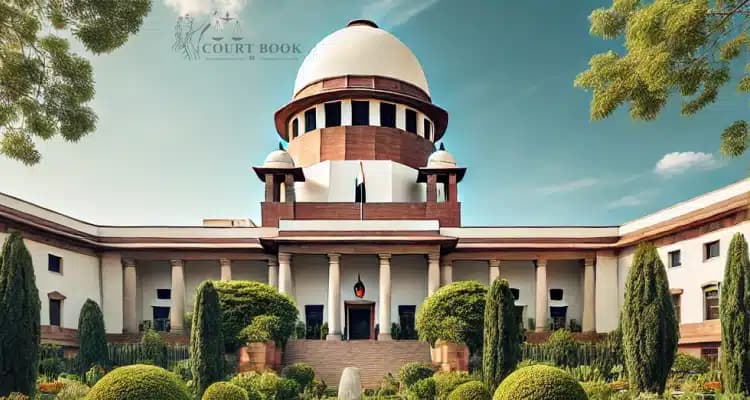In a recent judgment, the Supreme Court reaffirmed that laws operate prospectively unless explicitly stated otherwise. The case involved an amendment to Section 8(5) of the Central Sales Tax (CST) Act, which restricted the State Government’s power to grant tax exemptions. However, the Court held that this change did not affect rights that had already accrued before the amendment.
The ruling emphasized that previously granted tax exemptions remained valid and could not be revoked arbitrarily. The Court noted,
"Every statute is prima facie prospective in nature unless it is expressly or by necessary implication made to have retrospective operation."
Referring to MRF Ltd. Kottayam vs. Asstt. Commissioner (Assessment) Sales Tax, the Court reinforced that the premature withdrawal of an exemption is arbitrary and unconstitutional. It further stated that if a substantive right has been granted, it cannot be unilaterally taken away without due process. Since the respondent was granted a tax exemption under a 1993 scheme, the Court ruled that the benefit remained intact despite the 2002 amendment.
The case of State of Maharashtra & Ors. Vs Prism Cement Limited & Anr. (Civil Appeal No. 13928 of 2015) served as the backdrop for this decision. The Supreme Court concluded that the State Government’s demand for additional tax payments based on the amendment was unjustified.
Read Also:- Supreme Court: No Time Limit for Enforcing Perpetual Injunction Decrees
Case Background
In another significant ruling, the Supreme Court addressed the execution of a permanent injunction decree that had remained unenforced for 40 years. The case, Bhudev Mallick Alias Bhudeb Mallick Vs Ranajit Ghoshal, involved an injunction granted in 1976, restraining the defendants from disturbing the plaintiffs’ peaceful possession of a disputed property.
In 2017, the decree holders sought execution, alleging violations by the defendants. The Executing Court ruled in favor of the plaintiffs, ordering the arrest and detention of the defendants and attachment of their property. The Supreme Court, however, found that the lower courts had failed to determine whether the defendants had willfully disobeyed the decree.
The judgment clarified that a decree for permanent injunction remains enforceable indefinitely. The Court referred to Article 136 of the Limitation Act, 1963, which states that an injunction decree does not become unenforceable due to the passage of time.
The ruling further emphasized the need for due process in execution proceedings. It held that courts must first establish whether the defendant had the opportunity to comply with the decree but willfully refused. It stated,
"Imprisonment for breach of an injunction should be a last resort, used only when willful disobedience is established."
The Supreme Court ultimately set aside the arrest and attachment orders and directed the lower court to conduct a proper inquiry before enforcement.
Read Also:- UP Gangsters Act: Supreme Court Stresses Need for Strict Scrutiny in FIRs Under Stringent Laws
The case of Bhudev Mallick Alias Bhudeb Mallick Vs Ranajit Ghoshal & Ors. (Civil Appeal No. 2248 of 2025) has now set a crucial precedent regarding the enforcement of injunctions.
These rulings reinforce critical principles in tax and property law. The Supreme Court has reaffirmed that legislative amendments do not have retrospective effect unless explicitly stated. Additionally, permanent injunctions remain enforceable at any time, and execution courts must ensure proper inquiry before enforcing extreme measures such as arrest and detention.
By emphasizing due process, accrued rights, and prospective application of laws, the Supreme Court has provided much-needed clarity on these legal issues.
Case Name: THE STATE OF MAHARASHTRA & ORS. V. PRISM CEMENT LIMITED & ANR., CIVIL APPEAL NO.13928 OF 2015















